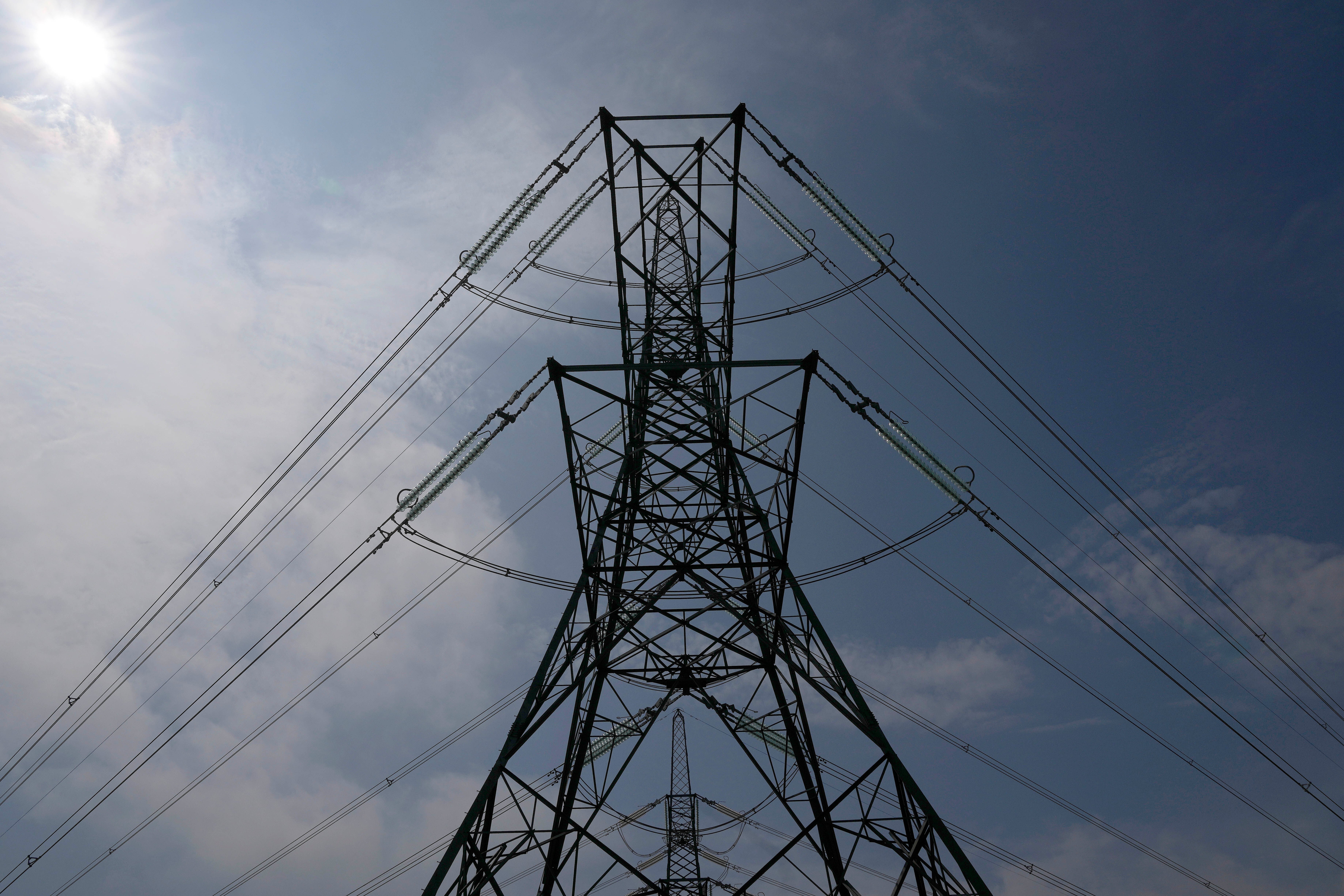Gas crisis is responsible for 95 per cent of energy bill hike, analysis shows
Global gas prices have been increasing since last year due to an increase in demand and Russia’s invasion of Ukraine

Your support helps us to tell the story
From reproductive rights to climate change to Big Tech, The Independent is on the ground when the story is developing. Whether it's investigating the financials of Elon Musk's pro-Trump PAC or producing our latest documentary, 'The A Word', which shines a light on the American women fighting for reproductive rights, we know how important it is to parse out the facts from the messaging.
At such a critical moment in US history, we need reporters on the ground. Your donation allows us to keep sending journalists to speak to both sides of the story.
The Independent is trusted by Americans across the entire political spectrum. And unlike many other quality news outlets, we choose not to lock Americans out of our reporting and analysis with paywalls. We believe quality journalism should be available to everyone, paid for by those who can afford it.
Your support makes all the difference.The cost of gas is responsible for the vast majority of the increase in energy bills, according to new analysis.
The average energy bill was around £1,130 for the period January 2019 to September 2021, but the regulator Ofgem announced on Friday that from 1 October the energy price cap will increase to £3,549. That’s more than triple the January 2019 to September 2021 average.
At least ninety-five per cent of this increase - some £2,300 per home - is down to gas crisis caused by an increase in wholesale prices, according to the analysis by the Energy and Climate Intelligence Unit, (ECIU) a group that aims to promote informed debate on energy and the climate crisis.
ECIU calculated that the wholesale cost of gas is adding around £1,200 directly onto gas bills, while the additional expense of running gas power stations is inflating electricity cost on bills by around £900.
The crisis has also led to the collapse of more than 30 energy companies which, combined with changes in the price cap to manage disruption in the energy sector, add around £200 to energy bills. In total, this means the gas crisis has added around £2,300 to the average bill compared to the pre-crisis average.
It’s possible the proportion of the increase that is down to the gas crisis could be even higher but the ECIU said it had yet to unpick the cause of the final 5 per cent. That’s because there have been a number of changes to the price cap methodology over recent years so some part of the 5 per cent rise could be unrelated to the gas crisis, and there have been small rises in network and operating costs.
Taking into account further predicted price rises in the coming year, ECIU estimates that gas is expected to be adding £3,000 to bills over the next year.
Global gas prices have been increasing since last year as demand spiked as economies emerged from the coronavirus pandemic. Russia then invaded Ukraine triggering a gas crisis as countries began to wean themselves off Russian gas, and Moscow reduced or cut off European countries from its natural gas supply.
Many European countries rely heavily on Russian gas to power their industry and generate electricity. Before the conflict, Russia supplied Germany - Europe’s largest economy - with around a third of its gas, for example.
By contrast, in 2021 imports from Russia made up some 4 per cent of gas used in the UK. However, while the UK imports less of its gas from Russia it relies more on gas than its European neighbours because it has less nuclear and renewable energy. It also has limited storage capacity, meaning it has to buy on the short-term spot market.
The energy crisis is fuelling a cost of living crisis and threatens to push many households into fuel poverty.
Previous ECIU analysis has shown that deploying heat pumps and insulation is the fastest and most effective way to permanently reduce gas demand, gas imports and heating bills - drilling for more UK gas won’t drop the prices as the UK is part of an international market.
Jess Ralston, Senior Analyst at ECIU said: “The government doesn’t have a serious plan for dealing with the gas crisis and without one, as the IFS has pointed out, the £15bn bills bailout for this winter may have to grow and be repeated next winter.
“The elephant in the room is the cost of gas and unless households are helped to use less by conserving heat with insulation, bills will remain high.”
A government spokesperson said: “One in four of all UK households will see £1,200 extra support, provided in instalments across the year, and everyone will receive a £400 discount on their energy bills over winter.
“The civil service is also making the appropriate preparations in order to ensure that any additional support or commitments on cost of living can be delivered as quickly as possible when the new Prime Minister is in place.”
The Associated Press contributed reporting



Join our commenting forum
Join thought-provoking conversations, follow other Independent readers and see their replies
Comments